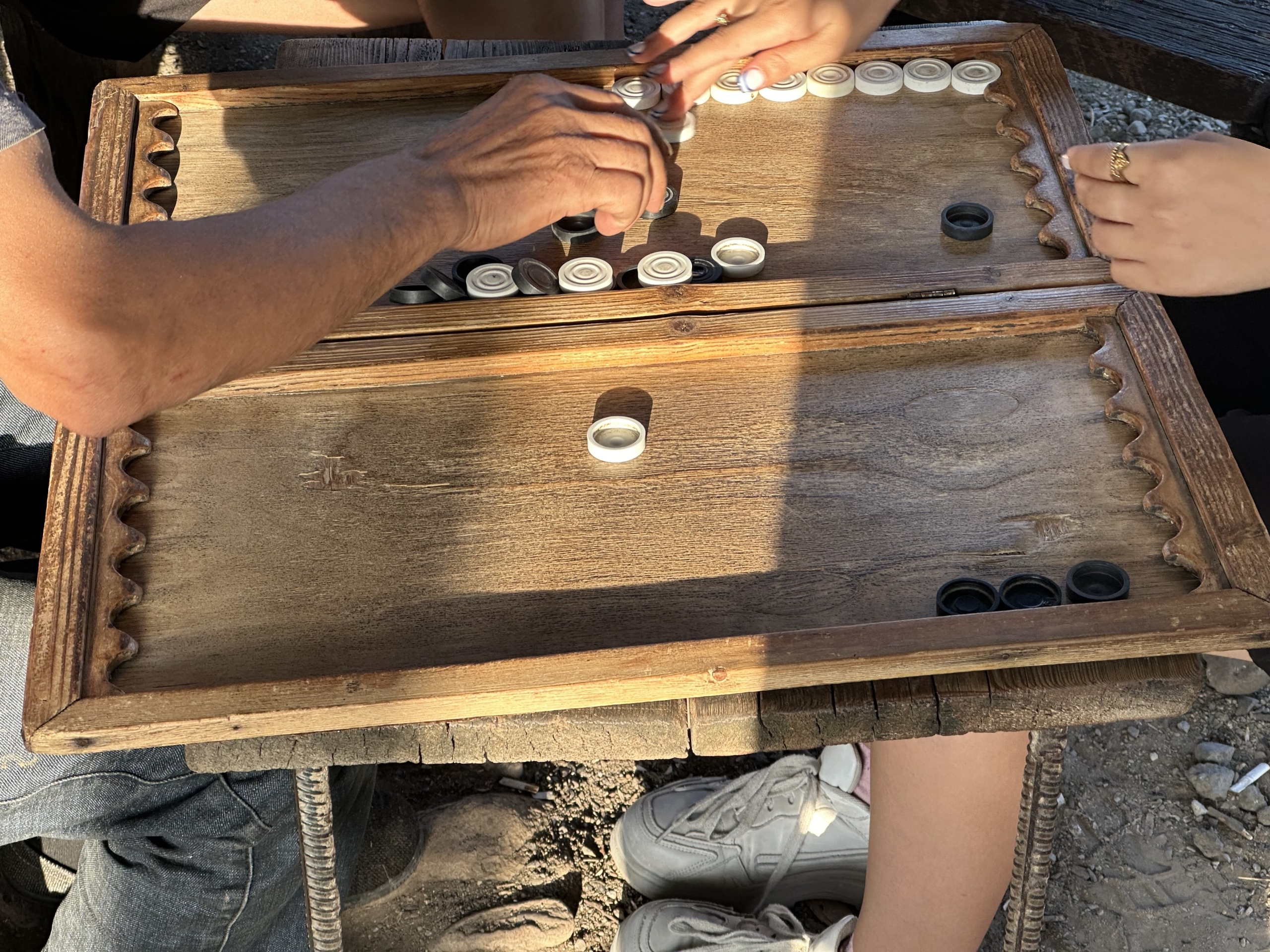
Georgia stands out as a land of ethno-cultural diversity, home to not only Georgians but also significant Armenian and Azerbaijani communities. These communities, despite historical and ongoing conflicts between Armenia and Azerbaijan, coexist peacefully in several regions, particularly in Georgia’s capital, Tbilisi, and the Kvemo Kartli region. Yet, the question remains: what sustains this peaceful coexistence, and how can it be preserved amidst the volatile dynamics of international relations and ethnic tensions?
To understand the dynamics at play, it’s useful to look at two schools of peace: authoritarian peace and everyday peace.
The authoritarian peace school, often associated with top-down imposed control, suggests that stability is achieved through centralized authority. In this model, governments use coercive political structures and international alliances to maintain daily peace, suppress dissent, and manage interethnic relations. Georgia’s government, especially since the Rose Revolution of 2003, has embraced this model, working to integrate ethnic minorities and foster a sense of unified Georgian national identity. Indeed, Georgia’s central government has played a crucial role in ensuring that ethnic Armenians and Azerbaijanis in the country have relatively good relations despite the regional conflicts between their kin countries.
A closer look at daily encounters in bicommunal spaces, however, casts doubt on the primacy of state authority in maintaining peace. During my own field trip to Georgia, local Armenians and Azerbaijanis in Tbilisi and the Kvemo Kartli region expressed a strong sense of peace that existed even during periods of political instability, both during the first and second Karabakh wars. Especially in the early 1990s, the central Georgian government was not as powerful or present in rural areas, yet interethnic relations between Armenians and Azerbaijanis remained relatively stable. Conversations with community members revealed that peace was often more the result of individual and communal efforts rather than top-down state control. This observation calls into question the authoritarian peace model’s effectiveness in the long term, particularly if state authority weakens or shifts, as it often does in countries with complicated regional and international relationships.
On the other hand, everyday peace offers a compelling explanation for the resilience of ethnic coexistence in Georgia. Everyday peace is not a theory of governance but rather a series of practices that emerge from the bottom up. It involves actions like ritualized politeness, avoiding contentious political topics, and deferring blame onto external forces. In the villages of Kvemo Kartli, Armenians and Azerbaijanis have lived side by side for generations, not by erasing their differences but by tolerating them and finding common ground. This peace is dynamic, flexible, and context-dependent, adapting to local realities. Research on everyday peace suggests that when these everyday practices are in place and when communities agree to live with, rather than resolve, their differences, conflicts are less likely to erupt, even when external political pressures mount.
One key element of everyday peace is the avoidance of politicized identities. Both Armenians and Azerbaijanis in Georgia’s rural areas are cautious about discussing the conflicts that are happening. A young Armenian man from Khojorny village shared, "We don't discriminate between nations and respect everyone. We all live well. Everyone in this village is a good neighbor..." Similarly, an Azerbaijani woman from Tsopi village expressed a shared discontent with the war, blaming those "above us"—leaders and governments—for the violence rather than their neighbors.
Yet, even this form of peace is not without its challenges. The 2020 Karabakh war brought a noticeable vulnerability to interactions between the two groups, with some individuals acknowledging that post-war relations were colder and more distant than before. Such conversations show that outside events may easily affect the situation between and within such communities, and everyday peace practices always carry the risk of collapse.
Therefore, the key to sustaining peaceful coexistence in Georgia is not to abandon the idea of everyday peace but to support it with state policies and institutional frameworks that foster inclusivity. In other words, everyday peace must be complemented by peacebuilding initiatives that address deeper structural issues.
To ensure the sustainability of peaceful coexistence, the Georgian government and civil society must take proactive steps to support grassroots peace practices that are essential to interethnic harmony in Kvemo Kartli and beyond. Observations indicate that everyday peace practices are fragile and context-dependent, making it crucial to institutionalize them. Georgia should prioritize peace education within the national curriculum, focusing on promoting empathy, cultural understanding, and non-violent conflict resolution. This education would ensure that younger generations are taught to appreciate diversity and navigate complex ethnic and religious identities without resorting to hostility. Textbooks should avoid any form of hate speech or historical revisionism.
In addition, the state and civil society should support community-based initiatives that encourage ethnic minorities to engage with one another. Projects such as festivals and joint community service programs can foster interethnic relationships organically. Providing financial and logistical support to local organizations promoting intercultural dialogue would further strengthen the bonds between different ethnic groups. Furthermore, the Georgian government should continue to develop inclusive state policies, particularly in regions with significant ethnic minorities. These policies should ensure equitable access to public services—such as education, healthcare, and housing—as well as employment opportunities, regardless of ethnicity. Public service messaging should consistently emphasize the shared identity of all citizens, transcending ethnic divisions.
To sustain the peaceful coexistence between ethnic Georgians, Azerbaijanis, Armenians, and other minority groups in villages and cities of Georgia, a balanced approach is required that combines state-driven stability, local community practices, and inclusive policies. Georgia should foster an environment where both everyday peace and state-led governance can complement each other. This holistic approach should prioritize education, political representation, and community cohesion while remaining sensitive to the complex dynamics of regional politics. By doing so, Georgia can maintain its multi-ethnic identity and ensure a peaceful, stable future for all of its citizens.